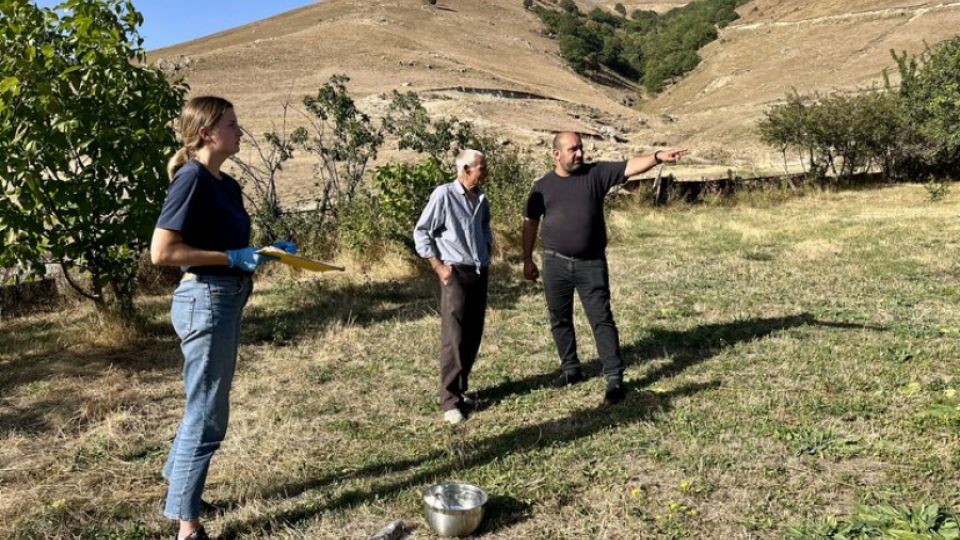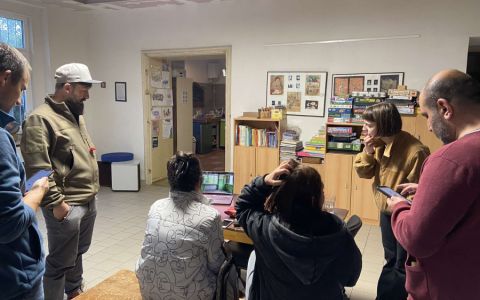In Armenia, residents of the regions affected by mining are still struggling with the interests of the mining lobby. Unfortunately, these often outweigh the legitimate concerns of the people affected by the activities of mines and ore processing plants.
Most recently, this trend has manifested itself in the amendment of the Mineral Law, which now allows for the extension of mining permits due to interruptions in operations during unexpected events such as earthquakes or military conflict. As part of the approved amendment to the law, public protests that have resulted in the suspension of operations were added to the list of emergencies. For these reasons, the authorities can also extend the overall period of operation without the need to prepare a new environmental impact assessment (EIA).
The law as it stands further marginalizes the voice of people affected by mining. Armenian public representatives consider both the law itself and the process of its approval to be undemocratic and unconstitutional. Our partner organizations, EcoLur and Centre for Community and Mobilization Support (CCMS), have been at the forefront of the campaign against this form of mining legislation, actively sending submissions to the President and ministries in meetings and responding to the process of passing the law. In total, more than sixty individual activists and NGOs joined the campaign.
Arnika's studies provide citizens with evidence
There are also ongoing disputes over mining in specific locations. In March, the mining company "Hayasa Resources Corp" LLC announced its intention to start exploration work to open new gold deposits in the Stepanavan and Spitak regions. The local citizens were supported in their fight against mining by the NGO CCMS, which provided them with the results of chemical studies carried out by Arnika. Thanks to the successful campaign, the residents of Gogaran, which would be affected by mining, did not allow negotiations to start exploration work, which led to the suspension of the whole process.
The people of the village of Katnaghbyur in the Stepanavan region also opposed the opening of the new deposit, also referring to the results of the chemical analyses published by Arnika. Local activists were involved in the process, collecting signatures and participating in protest actions. The Ministry of Environment subsequently issued a negative opinion on the matter. A similar mobilization was required in the Marts community in the Tumanyan region, where the mining company MPJ Resources has expressed interest in starting exploration for possible gold mining. Following active opposition, public hearings were suspended.
The previous examples confirm that thanks to our joint project with the NGOs CCMS and EcoLur, Armenian citizens have hard data to base their campaigns against environmentally damaging mining. They can thus more effectively resist pressure from mining companies that uncompromisingly pursue their interests regardless of the consequences for people and nature. “We are de facto replacing the work of Armenian inspection authorities, which do not provide the necessary data on the environmental situation in industrial sites,” says Valeriya Grechko, coordinator of Arnika's Armenia project. “We involve residents in data collection, who inform us about the locations of frequent leaks or plants in a state of disrepair. We then publish the collected data in the form of studies that can be used by communities affected by mining. Without hard data, citizen campaigns would not have the same power,” she adds.

This project was supported by the Transition Promotion Program of the Ministry of Foreign Affairs of the Czech Republic.







